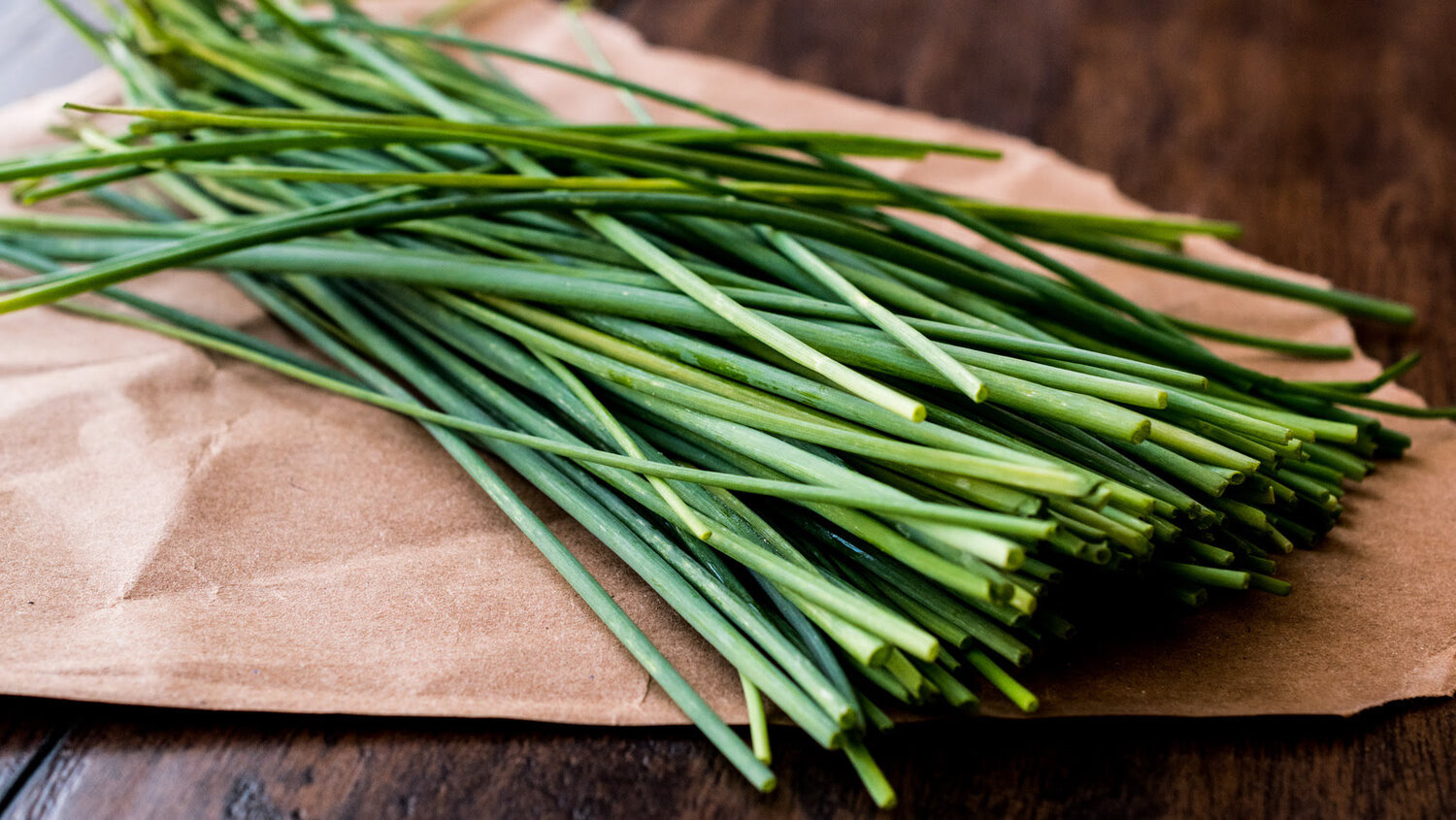

Articles
How To Store Chives
Modified: February 22, 2024
Looking for articles on how to store chives? Find helpful tips and techniques for keeping your chives fresh and flavorful in this informative guide.
(Many of the links in this article redirect to a specific reviewed product. Your purchase of these products through affiliate links helps to generate commission for Storables.com, at no extra cost. Learn more)
Introduction
Welcome to the world of chives! These versatile and flavorful herbs can add a delightful touch to various dishes, from soups and salads to dips and sauces. But what happens when you have an abundance of fresh chives and want to make them last longer? That’s where proper storage methods come into play!
Storing chives correctly can help maintain their flavor, aroma, and vibrant green color, ensuring that you have a supply of fresh herbs whenever you need them. In this article, we will explore different methods of storing chives, including refrigeration, freezing, and even preserving them in oil, vinegar, or water. So, let’s dive in and discover the best ways to store chives for long-lasting freshness!
Key Takeaways:
- Extend the freshness of chives by refrigerating, freezing, or infusing in oil or vinegar. Enjoy cost savings, convenience, and versatile culinary possibilities with properly stored chives.
- Experiment with different storage methods to preserve the delicate flavor and aroma of chives. Follow tips for handling, cleaning, and monitoring to ensure long-lasting freshness and culinary enjoyment.
Read more: How To Store Chives In Freezer
Benefits of Storing Chives
Storing chives properly offers a multitude of benefits. Here are some of the key advantages:
1. Extending Freshness: When stored correctly, chives can last much longer than their fresh-picked state. By using proper storage methods, you can enjoy the flavor and freshness of chives for an extended period, saving you from the disappointment of wilted or spoiled herbs.
2. Convenience: Storing chives allows you to have a readily available supply of fresh herbs whenever you need them. Whether you’re cooking up a quick weekday meal or preparing for a special occasion, having chives on hand can add an instant burst of flavor and aroma to your dishes.
3. Cost Savings: Buying fresh chives every time you need them can be expensive in the long run. By properly storing chives, you can take advantage of seasonal abundance or bulk purchases, saving money and reducing waste.
4. Versatility: When you store chives, you open up a world of culinary possibilities. Stored chives can be used in various dishes, including soups, stews, salads, dressings, marinades, and more. Their subtle onion-like taste adds a delightful touch to both savory and sweet recipes, making them a versatile ingredient to have on hand.
5. Preserving Nutritional Value: Chives are packed with essential nutrients, including vitamins A, C, and K, as well as folate and antioxidants. Storing chives properly helps retain their nutritional value, ensuring that you still get the maximum benefits from these herbaceous wonders.
With these benefits in mind, let’s now explore the different methods of storing chives to keep them fresh and flavorful!
Choosing the Right Storage Method
When it comes to storing chives, there are several methods to choose from. The best storage method depends on your preferences and how you plan to use the chives in the future. Here are the main options:
1. Refrigeration: Storing chives in the refrigerator is a popular and convenient method. It helps maintain the freshness and vibrant green color of the chives. This method is ideal if you plan to use the chives within a week or so.
2. Freezing: Freezing chives is a fantastic option if you have a surplus of chives or want to store them for longer periods. When frozen properly, chives retain their flavor and aroma. This method allows you to have a supply of chives throughout the year, even when they are out of season.
3. Preserving in Oil: Preserving chives in oil is a great way to store them while infusing the oil with their flavor. This method creates a flavorful chive-infused oil that you can use in various recipes. It adds a delightful twist to dressings, marinades, sautés, and more.
4. Preserving in Vinegar: Preserving chives in vinegar is another option that not only stores the chives but also creates a tangy chive-infused vinegar. This vinegar can be used to add a touch of chive flavor to salads, sauces, and marinades.
5. Preserving in Water: Storing chives in water is a simple method that can keep the chives fresh for a short period. By placing the chives in a jar with water and covering it with a plastic bag, you can maintain their crispness and flavor for a few days.
When choosing the right storage method, consider factors such as the desired storage duration, the intended use of the chives, and the available resources. Now let’s delve into each method in more detail and learn how to store chives effectively!
Storing Chives in the Refrigerator
Refrigeration is one of the most common and convenient methods for storing chives. It helps preserve their freshness and vibrant green color. Here’s how you can store chives in the refrigerator:
1. Harvesting: Start by harvesting your chives. Cut them from the base of the plant using clean gardening shears or scissors. Try to pick the leaves when they are at their freshest and most flavorful.
2. Cleaning: After harvesting, gently wash the chives under cool running water to remove any dirt or debris. Pat them dry with a paper towel or use a salad spinner to remove excess moisture.
3. Storage Container: Take a damp paper towel or a piece of cloth and wrap it around the chives. This helps to retain moisture and prevents wilting. Then place the wrapped chives in a sealable plastic bag or an airtight container.
4. Refrigerator Placement: Store the chives in the vegetable crisper drawer or the refrigerator door, where the temperature is slightly warmer than the rest of the fridge. This helps maintain their quality without exposing them to excessively cold temperatures.
5. Check and Refresh: Periodically check the chives in the refrigerator and refresh the damp paper towel if it becomes dry. This ensures that the chives remain hydrated and stay fresh for a longer period.
Storing chives in the refrigerator can keep them fresh for up to one week. However, it’s best to use them as soon as possible for the most robust flavor and aroma. Remember to keep an eye on any signs of wilting or decaying and discard any spoiled chives to prevent contamination of the remaining batch.
Now that you know how to store chives in the refrigerator, let’s explore another method—freezing chives!
Storing Chives in the Freezer
Freezing chives is an excellent method to preserve their flavor and ensure a year-round supply, even when they are out of season. Here’s how you can store chives in the freezer:
1. Harvesting and Cleaning: Start by harvesting the chives and cleaning them thoroughly under cool running water. Remove any dirt, debris, or damaged leaves. Pat them dry or use a salad spinner to remove excess moisture.
2. Chopping: Finely chop the chives into small pieces. You can use a sharp knife or kitchen scissors for this step. Some people prefer to keep the chives in larger sprigs, while others prefer a more finely chopped texture. Choose what works best for you and your future recipes.
3. Flash Freezing: Spread the chopped chives in a single layer on a baking sheet lined with parchment paper. Make sure the chives are not touching each other. This method of flash freezing prevents them from sticking together and allows for easier portioning later on.
4. Freezing in Containers: Once the chopped chives are frozen solid, transfer them to freezer-safe containers or resealable plastic bags. Squeeze out any excess air before sealing to prevent freezer burn. Label the containers with the date to keep track of their freshness.
5. Long-Term Storage: Place the containers of frozen chives in the freezer, ensuring they are stored upright to maintain their shape. The chives can be stored in the freezer for up to several months.
6. Portion Control: It’s helpful to divide the frozen chives into smaller portions based on your typical usage. This way, you can thaw only the amount you need for specific recipes without defrosting the entire batch.
7. Thawing: When you need to use the frozen chives, simply remove the desired amount from the freezer and thaw them in the refrigerator or use them directly in cooked dishes without thawing.
Storing chives in the freezer is a great way to preserve their flavor and ensure a steady supply throughout the year. The frozen chives can be used in various recipes, such as soups, stews, sauces, and more. Now, let’s explore another creative method—storing chives in oil!
Store chives by wrapping them in a damp paper towel and placing them in a plastic bag in the refrigerator. They will stay fresh for up to a week.
Read more: How To Store Chives In The Fridge
Storing Chives in Oil
Preserving chives in oil not only gives you a handy storage method but also infuses the oil with their unique flavor. Here’s how you can store chives in oil:
1. Harvesting and Cleaning: Begin by harvesting fresh chives from your garden or buying them from a reputable source. Clean the chives thoroughly by rinsing them under cool running water. Pat them dry or use a salad spinner to remove excess moisture.
2. Chopping: Finely chop the chives into small pieces using a sharp knife or kitchen scissors. The size of the pieces will depend on personal preference. Keep in mind that smaller pieces infuse the oil more thoroughly.
3. Sterilize the Jar: Choose a clean, sterilized glass jar with an airtight lid. Sterilization can be done by washing the jar and lid with hot, soapy water, followed by rinsing with boiling water, or running them through a dishwasher cycle on high temperature.
4. Layering: Begin by placing a layer of chopped chives at the bottom of the jar. Press them down gently with a spoon to remove any air pockets. Continue layering the jar with chives, pressing down each layer, until you reach about ¾ of the jar’s capacity.
5. Adding Oil: Slowly pour a neutral-flavored oil, such as olive oil or sunflower oil, into the jar, ensuring that all the chives are fully submerged. Leave about a ½-inch of headspace at the top of the jar to allow for expansion. The oil acts as a preservative and prevents the chives from spoiling.
6. Removing Air Bubbles: Use a clean knife or chopstick to gently remove any air bubbles trapped in the jar, ensuring that the oil covers the chives completely. This step helps prevent spoilage due to oxygen exposure.
7. Sealing and Storage: Wipe the rims of the jar to ensure a clean seal, then secure the airtight lid tightly. Store the jar in a cool, dark place like a pantry or cupboard. The chives infused oil can be stored for several weeks or even months, depending on the oil used.
8. Using Chive-Infused Oil: The chive-infused oil can be used in a variety of dishes, such as salad dressings, marinades, sautés, and drizzling over cooked vegetables or pasta. It adds a touch of chive flavor to elevate your recipes.
Storing chives in oil not only preserves them but also creates a flavorful ingredient for your culinary creations. Make sure to monitor the oil regularly and discard it if you notice any signs of spoilage. Now, let’s explore another method—preserving chives in vinegar!
Storing Chives in Vinegar
Preserving chives in vinegar is a simple and flavorful method that not only stores the chives but also creates a tangy chive-infused vinegar. Here’s how you can store chives in vinegar:
1. Harvesting and Cleaning: Begin by harvesting fresh chives from your garden or purchasing them from a trusted source. Give the chives a thorough rinse under cool running water to remove any dirt or debris. Pat them dry or use a salad spinner to remove excess moisture.
2. Sterilize the Jar: Choose a clean glass jar with an airtight lid. To sterilize the jar, wash it with hot, soapy water, rinse it well, and then pour boiling water over it. Let it air dry or dry with a clean towel.
3. Layering: Start by placing a layer of chopped chives at the bottom of the jar. Continue layering the jar with chives, pressing them down gently to remove any air pockets. Leave about an inch of space at the top of the jar for the vinegar.
4. Adding Vinegar: Pour white wine vinegar, apple cider vinegar, or any other variety of vinegar of your choice into the jar until the chives are fully submerged. Ensure that the vinegar covers the chives completely.
5. Removing Air Bubbles: Use a clean knife or chopstick to gently remove any air bubbles trapped in the jar. This step helps prevent spoilage due to oxygen exposure.
6. Sealing and Storage: Wipe the rims of the jar to ensure a clean seal, then secure the airtight lid tightly. Store the jar in a cool, dark place like a pantry or cupboard. The chive-infused vinegar can be stored for several weeks or even months.
7. Using Chive-Infused Vinegar: The chive-infused vinegar adds a tangy chive flavor and aroma to various recipes. It can be used in salad dressings, marinades, sauces, and even as a flavorful ingredient in pickling vegetables.
Remember to monitor the chive-infused vinegar regularly and discard it if you notice any signs of spoilage. You can strain out the chives before using the vinegar if desired. Now, let’s explore another method—storing chives in water!
Storing Chives in Water
Storing chives in water is a simple method that can help keep them fresh for a short period. Here’s how you can store chives in water:
1. Harvesting and Cleaning: Begin by harvesting fresh chives from your garden or buying them from a reputable source. Give the chives a thorough rinse under cool running water to remove any dirt or debris. Pat them dry or use a salad spinner to remove excess moisture.
2. Trimming and Bundling: Trim the chives to remove any wilted or discolored parts. Gather a small bunch of chives and tie them loosely with a kitchen string or a rubber band. This bundling helps keep the chives together and makes handling easier.
3. Preparing the Container: Fill a glass or a jar with about an inch of water. Make sure the container is clean and free of any residue. The water should be at room temperature to prevent shocking the chives.
4. Placing the Chives: Place the chive bundle, cut side down, into the container with the water. Ensure that the bottom ends of the chives are submerged in the water while the leaves and stalks are above the waterline.
5. Covering and Storage: Cover the container with a plastic bag or a damp paper towel to create a humid microclimate. This helps prevent the chives from drying out. Store the container in the refrigerator to maintain their freshness.
6. Refreshing the Water: Check the water level regularly and refresh it if it becomes cloudy or starts to smell. Changing the water every few days can help keep the chives fresh for a longer period.
7. Using Fresh Chives: When you need to use the chives, simply remove them from the water, pat them dry, and snip off the desired amount with kitchen scissors or a sharp knife. The fresh chives are ready to be used in your favorite recipes.
Storing chives in water is a short-term solution to maintain their crispness and flavor. It’s best to use them within a few days for the best quality. Remember to discard any chives that show signs of wilting or discoloration. Now that you’re familiar with different storage methods, let’s move on to some tips for properly storing chives!
Tips for Properly Storing Chives
To ensure the best quality and freshness of your stored chives, here are some valuable tips to help you store them properly:
1. Harvesting at the Right Time: Harvest chives when they are at their freshest and most flavorful. The best time to harvest is in the morning when the leaves are fully hydrated and the essential oils are at their peak.
2. Handling with Care: Handle chives gently to prevent bruising or damaging the delicate leaves. Avoid crushing or squeezing them, as it can accelerate spoilage.
3. Cleaning Thoroughly: Rinse chives under cool running water to remove any dirt or debris. Pat them dry gently with a paper towel or use a salad spinner to remove excess moisture. Avoid excessive moisture, as it can lead to faster decay.
4. Proper Storage Containers: Choose clean, airtight containers that are suitable for the storage method you have chosen. Ensure the containers are free of any residue to maintain the quality of the chives.
5. Temperature and Humidity: Keep chives in a cool, dark place with proper ventilation. Temperature fluctuations and exposure to sunlight can cause them to wilt or spoil faster. Maintain the right humidity level to prevent dryness or excessive moisture.
6. Regular Monitoring: Regularly check your stored chives for any signs of wilting, discoloration, or mold. Remove any spoiled chives to prevent them from contaminating the rest of the batch.
7. Labeling and Dating: Clearly label the containers with the storage date to keep track of their freshness. This helps you identify the oldest chives and use them first, ensuring minimal waste.
8. Portion Control: Divide your stored chives into smaller portions based on your typical usage. This allows you to thaw or use only the amount you need, preventing unnecessary thawing or exposure to air.
9. Experiment with Different Storage Methods: Don’t be afraid to try different storage methods, such as freezing, infusing in oil or vinegar, or storing in water. Each method offers unique flavors and preservation qualities, allowing you to explore various culinary possibilities.
10. Use Chives Wisely: Incorporate chives into your recipes to enjoy their fresh flavor and aroma. Experiment with different dishes such as soups, salads, sauces, omelettes, and more to make the most of your stored chives.
By following these tips, you can ensure that your stored chives remain fresh and flavorful for as long as possible, allowing you to enjoy their culinary benefits in your favorite dishes. Now that you’re equipped with the knowledge for proper chive storage, let’s wrap things up!
Read more: How To Store Chives In Water
Conclusion
Properly storing chives is essential for preserving their flavor, aroma, and vibrant green color. Whether you choose to store them in the refrigerator, freezer, oil, vinegar, or water, there are various methods available to keep your chives fresh and ready to use. Each storage method offers unique benefits, allowing you to enjoy these versatile herbs throughout the year.
By extending the freshness of chives, you can experience the convenience of having a readily available supply of fresh herbs whenever you need them. Not only does proper storage offer you cost savings, but it also allows you to unleash the full potential of chives’ delicate onion-like taste in a wide range of dishes.
From refrigeration to freezing, preserving in oil or vinegar, and even storing in water, each method has its own merits. The choice of storage method depends on your preferences and the intended use of the chives. Experimenting with different methods can add a unique twist to your culinary creations.
Remember to follow the tips for proper storage, including harvesting at the right time, handling with care, cleaning thoroughly, using suitable containers, monitoring regularly, and practicing portion control. These tips will help ensure that your stored chives remain in excellent condition for as long as possible.
Whether you’re adding a sprinkle of fresh chives to a soup, infusing oil with their vibrant flavor, or enjoying the tangy taste of chive-infused vinegar, stored chives are a versatile ingredient that can elevate the flavors of your favorite recipes.
So, the next time you find yourself with an abundance of chives, don’t let them go to waste. Embrace the art of proper chive storage and savor the freshness and taste of these herbaceous wonders throughout the year.
Frequently Asked Questions about How To Store Chives
Was this page helpful?
At Storables.com, we guarantee accurate and reliable information. Our content, validated by Expert Board Contributors, is crafted following stringent Editorial Policies. We're committed to providing you with well-researched, expert-backed insights for all your informational needs.
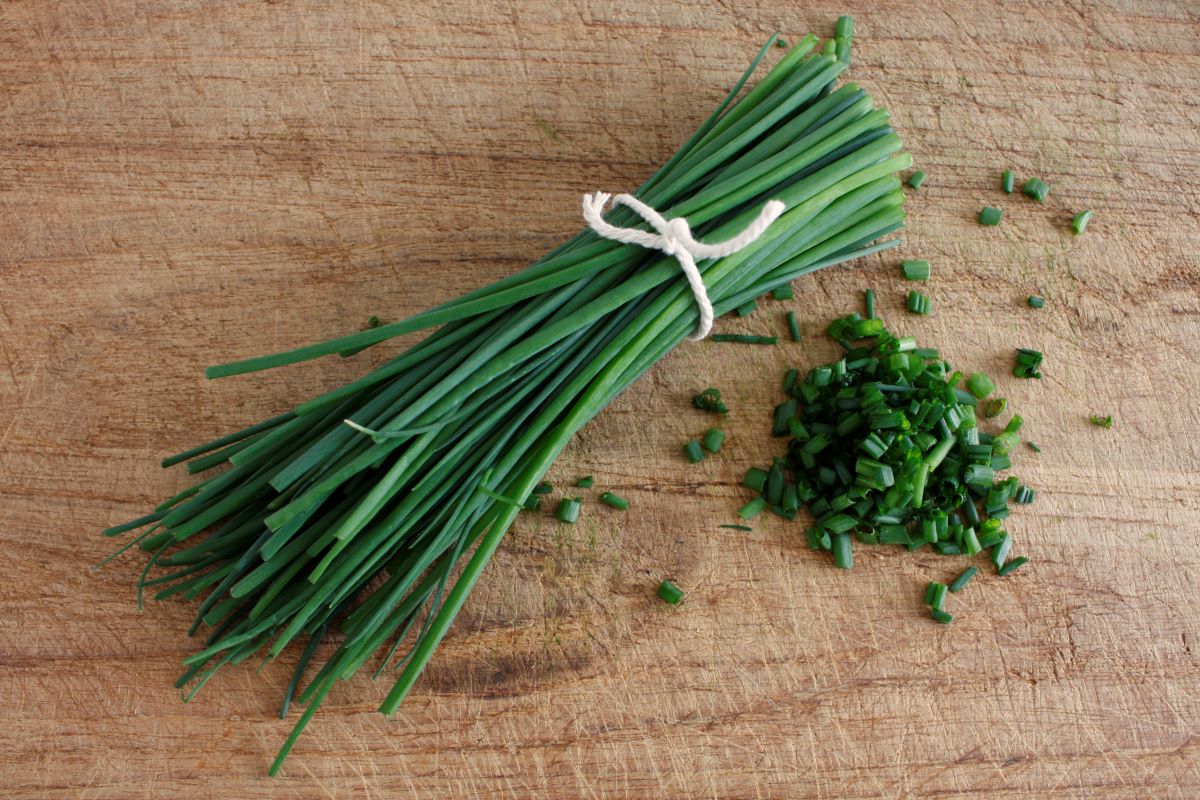
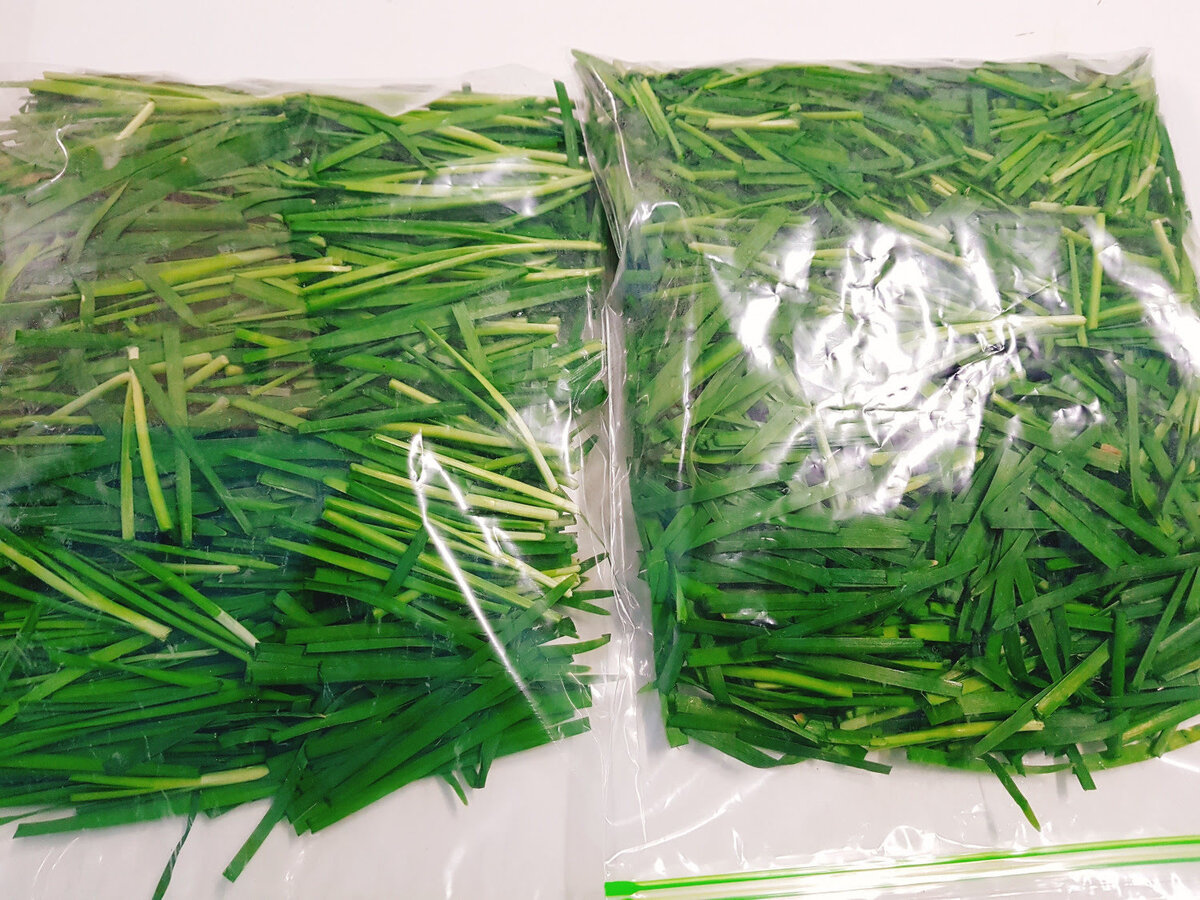
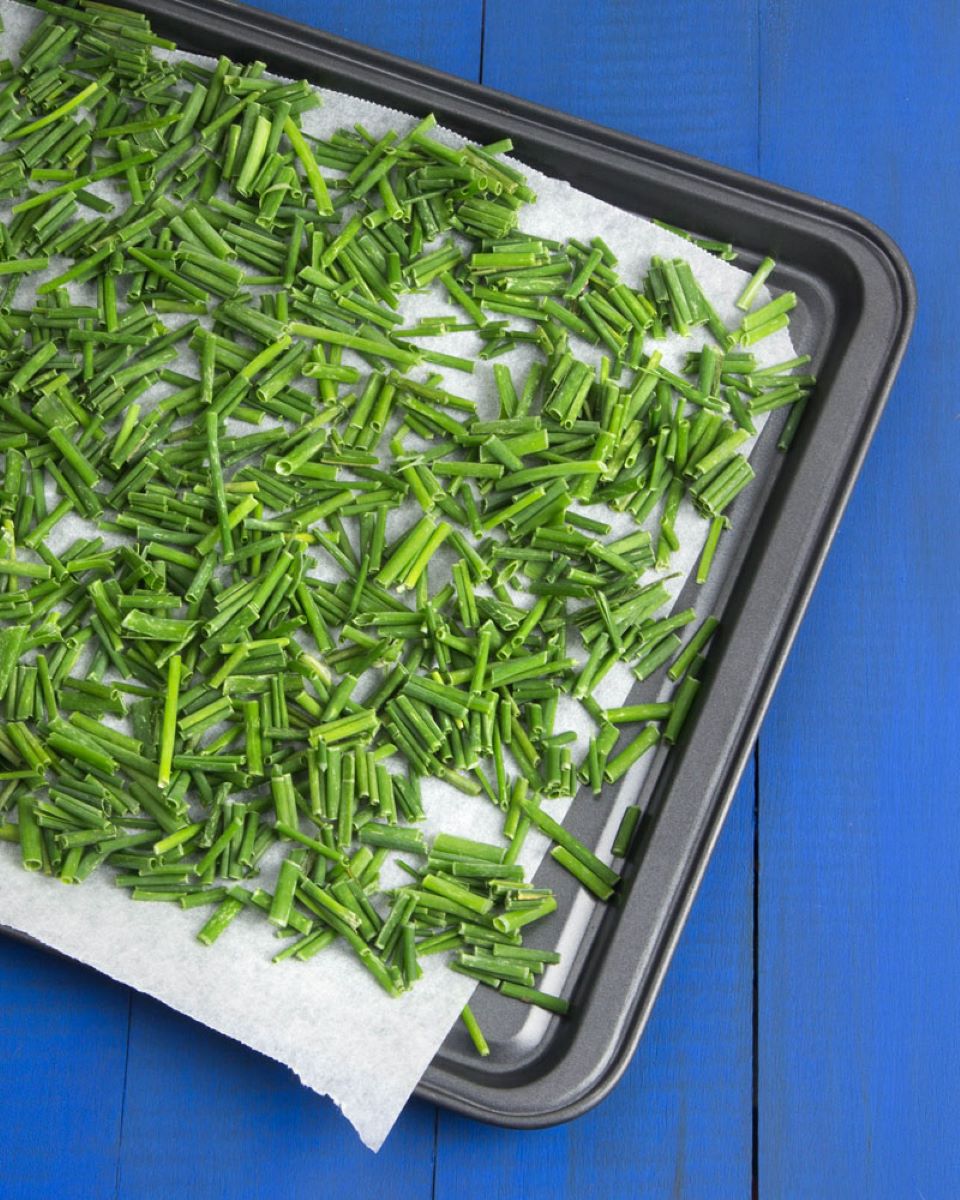
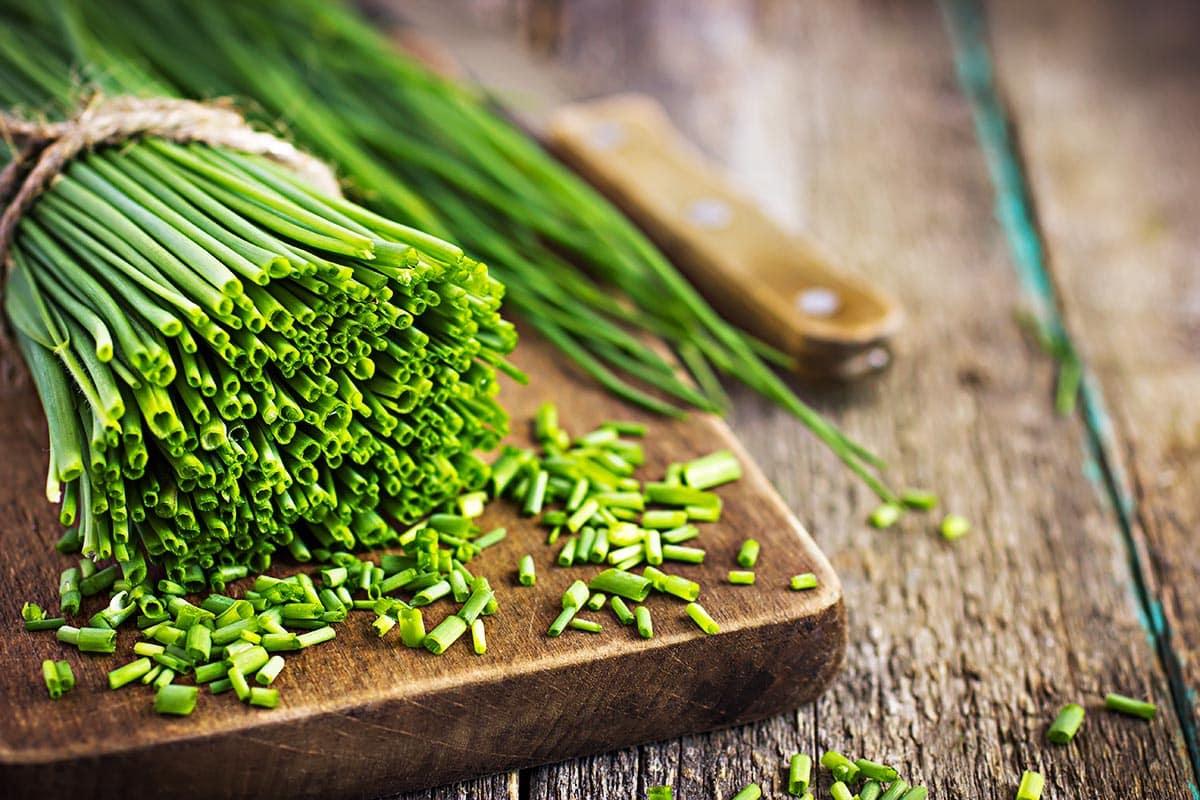

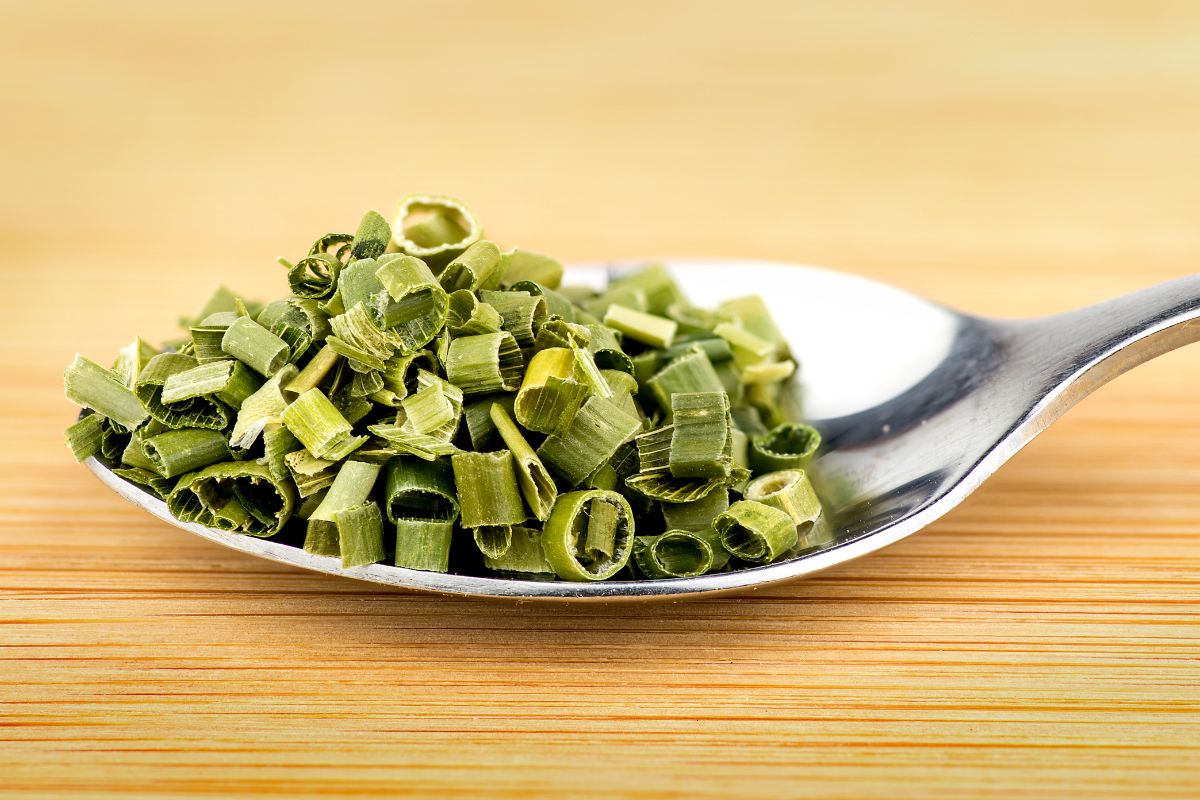
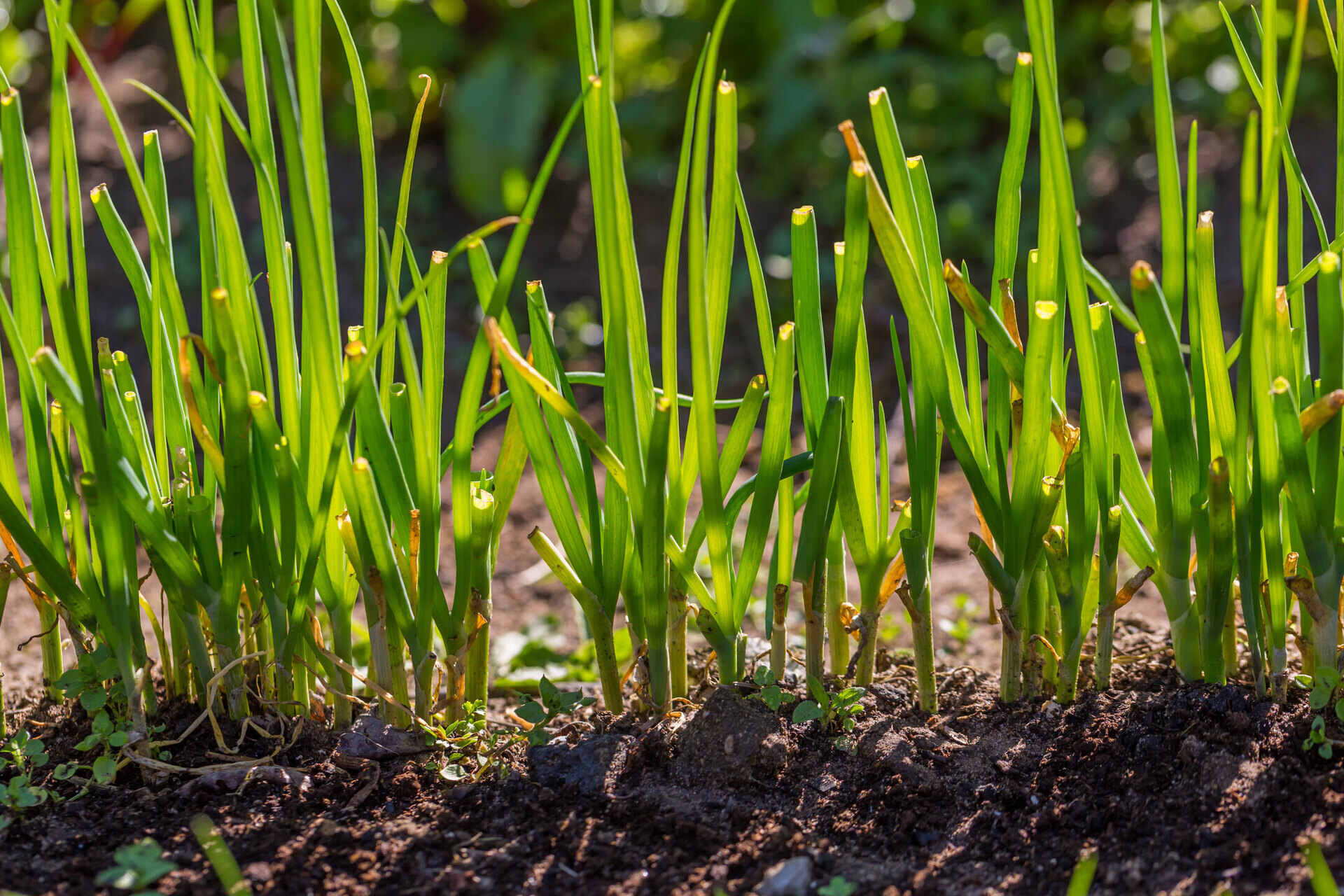
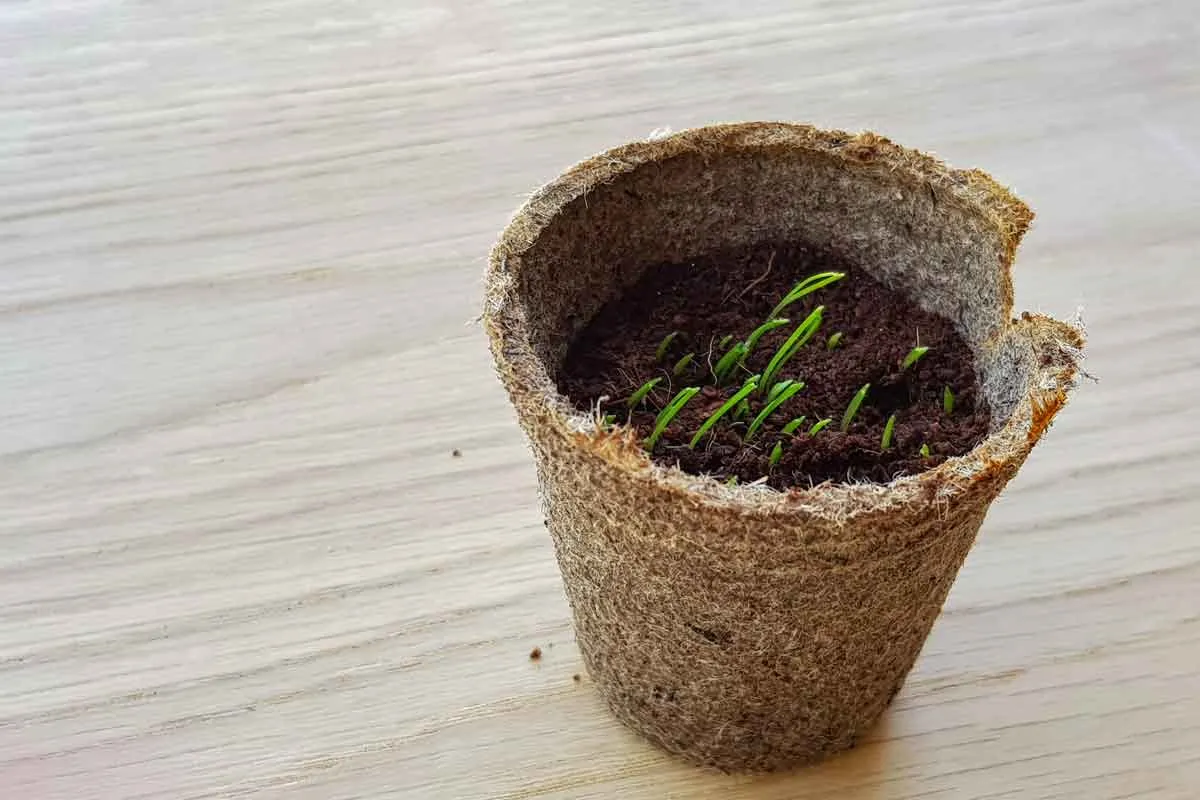
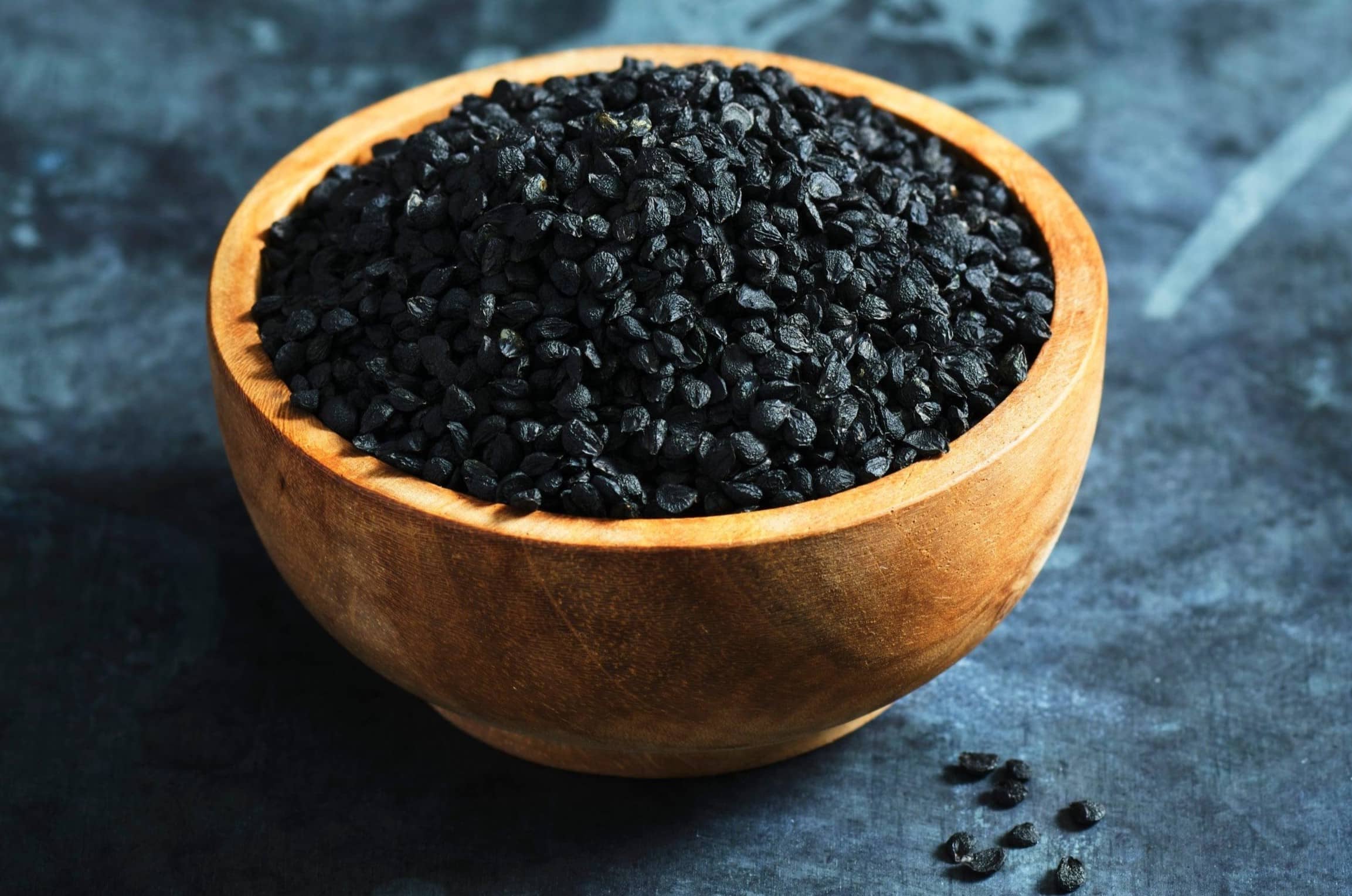
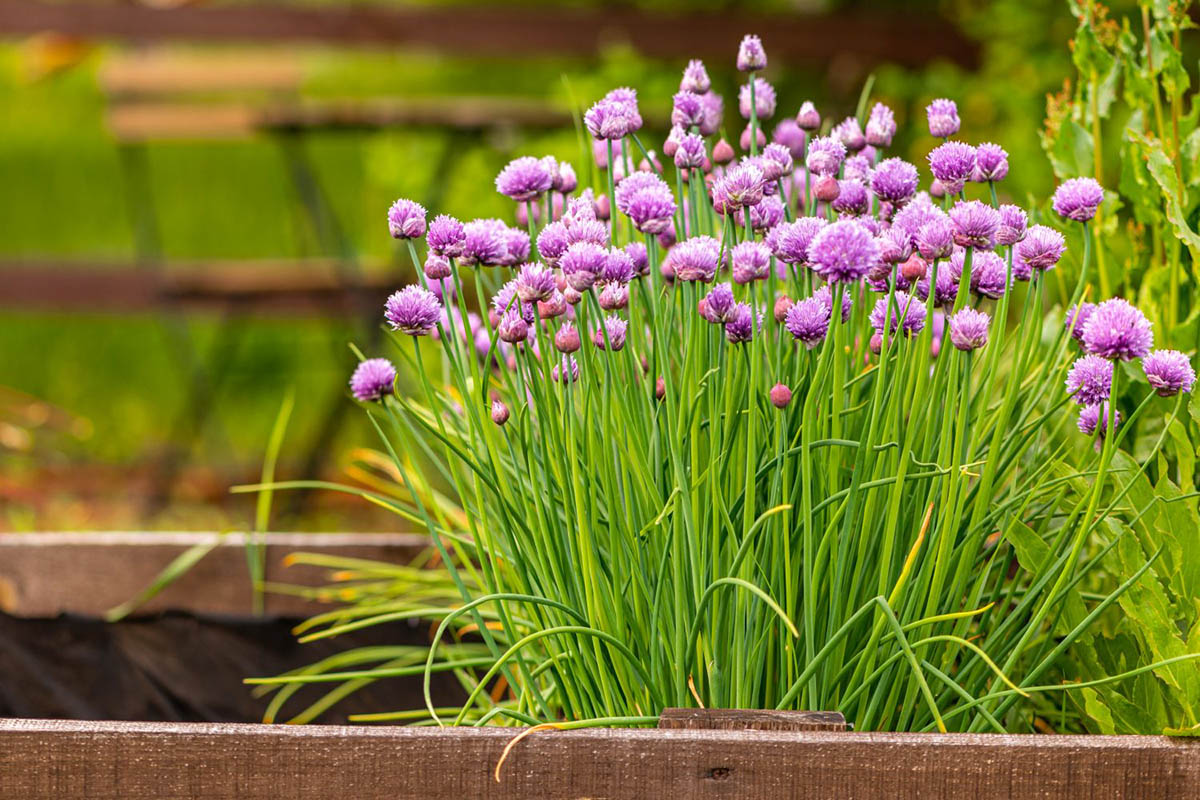
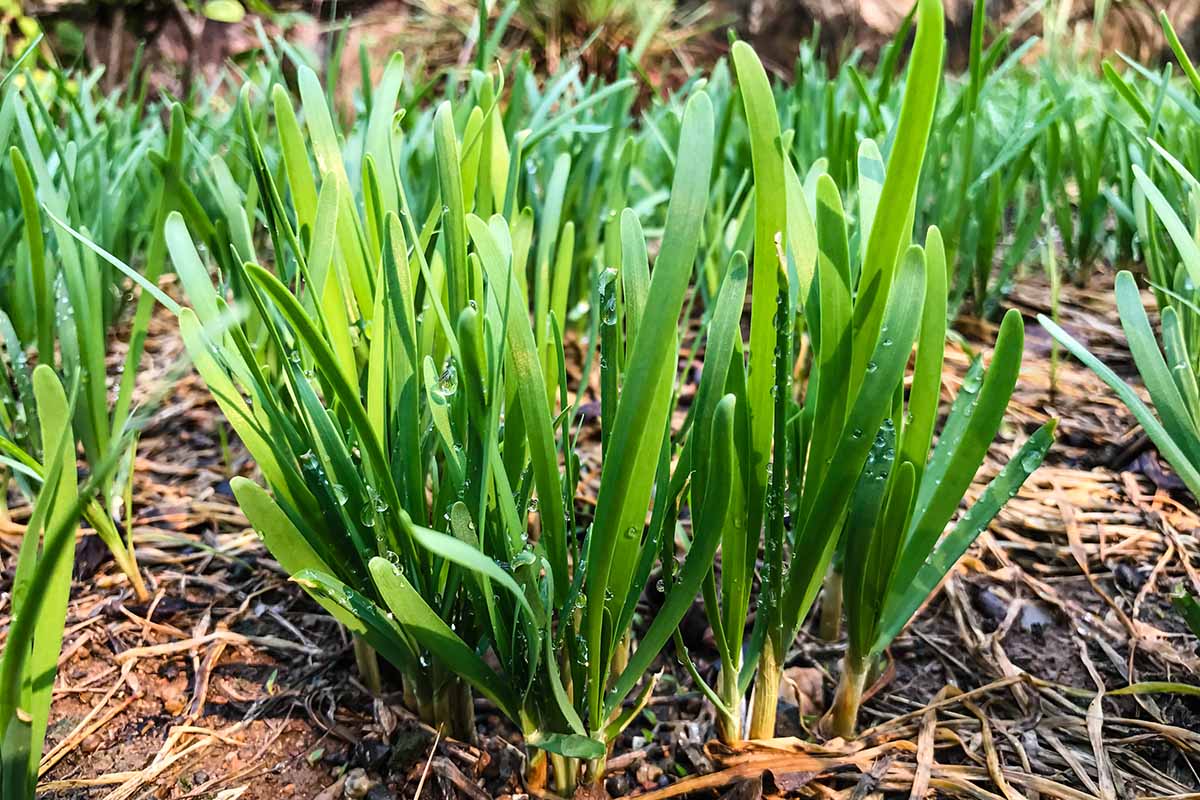
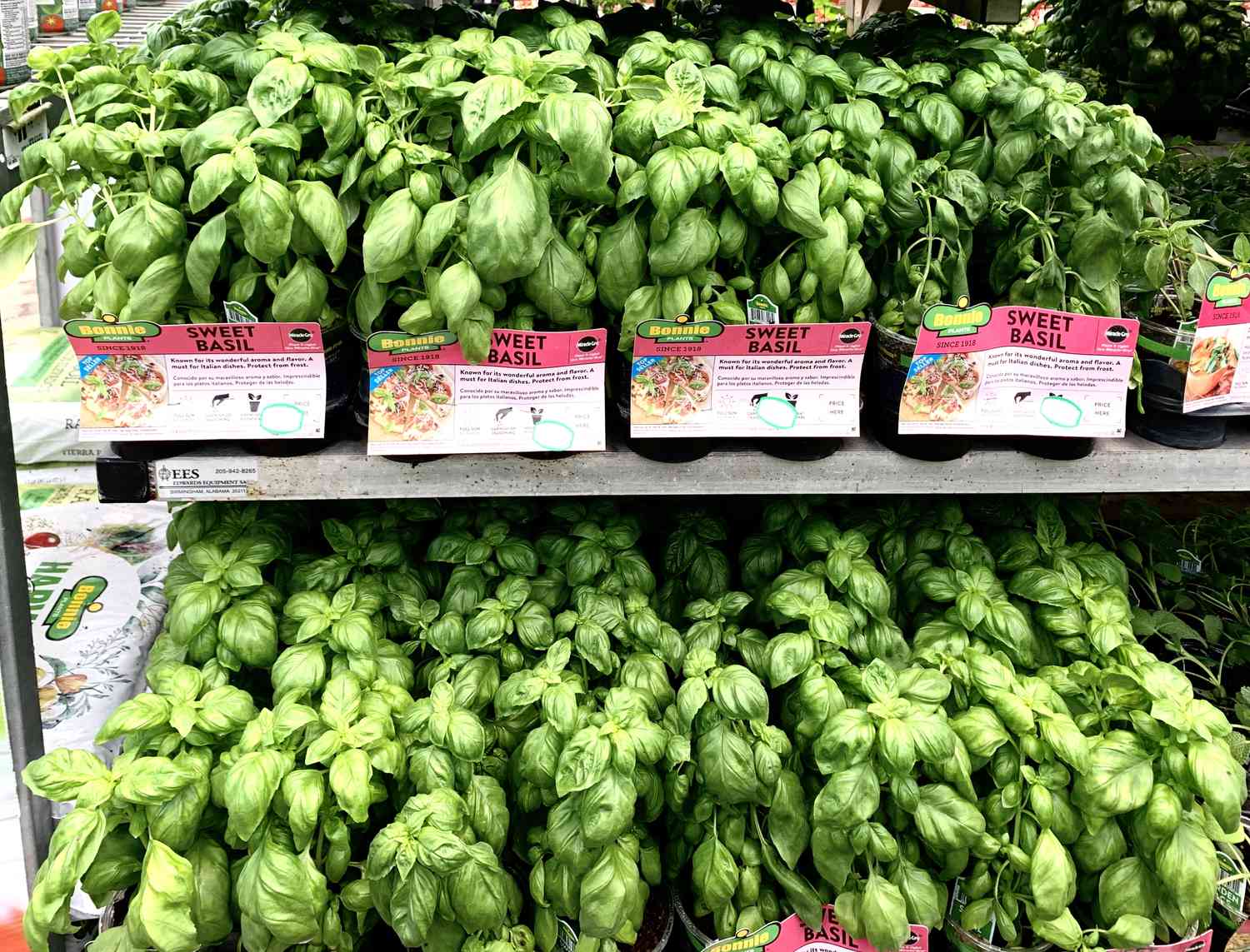
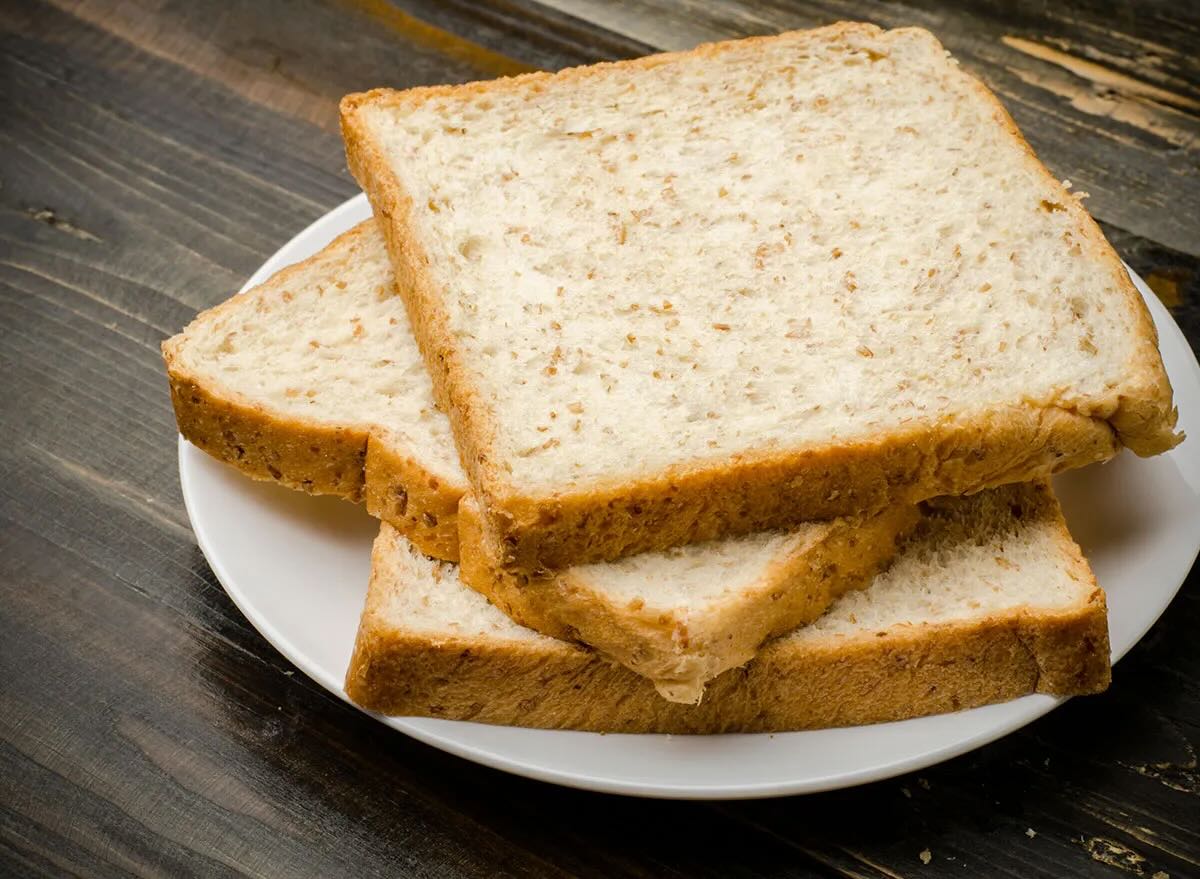

0 thoughts on “How To Store Chives”